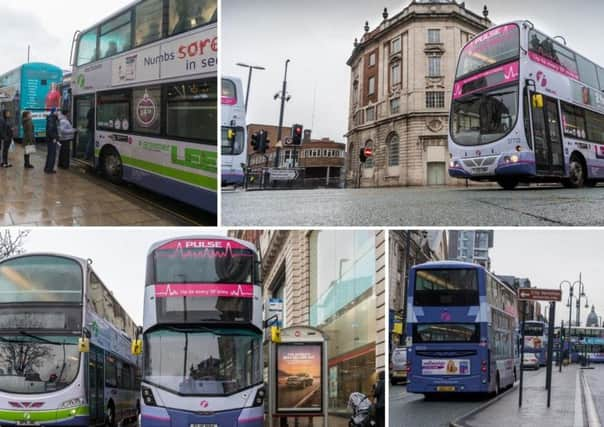The Yorkshire Post says: Human cost of poor transport. Bus routes are lifeline for many


However it does not end here. For many, the state of bus services in cities like Leeds is making it harder for the unemployed, or low-waged, to actually get to and from work, and that this issue is, for many, just as important as the future of the failing Northern and TransPennine Express rail franchises.
And the need for better oversight of bus franchises is highlighted by a report being published today by the York-based Joseph Rowntree Foundation, and Sheffield’s two universities, which reveals the negative impact of unaffordable and unreliable local public transport on low income neighbourhoods.
Advertisement
Hide AdAdvertisement
Hide AdThis is particularly pertinent to Leeds where much of the research took place – one of the reasons its doomed Trolleybus scheme was so fundamentally flawed from the outset was because the proposed routes would have led to very few benefits for those areas in greatest need of improved transport links.
Yet, while this episode did not reflect well on Leeds City Council whose leader, Judith Blake, has subsequently claimed that people have lost their jobs because of poor bus services, today’s report makes a number of recommendations which should be adopted by all local authorities.
First, bus franchises should be the subject of stricter performance criteria. Second, new housing and employment developments need to be built with public transport in mind from the outset – too often bus and train links, as well as facilities for cyclists, are treated as an after-thought by planners. Finally, there needs to be greater recognition for all those people, NHS staff and carers being a prime example, who work anti-social hours. For them, the bus is essential. And, as the economy evolves, this cohort is only going to grow, hence why policy-makers need to be more responsive.